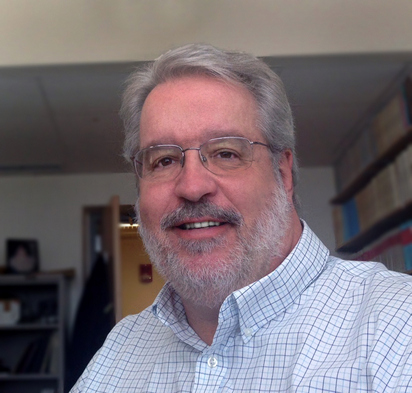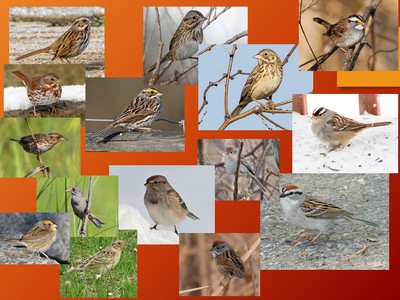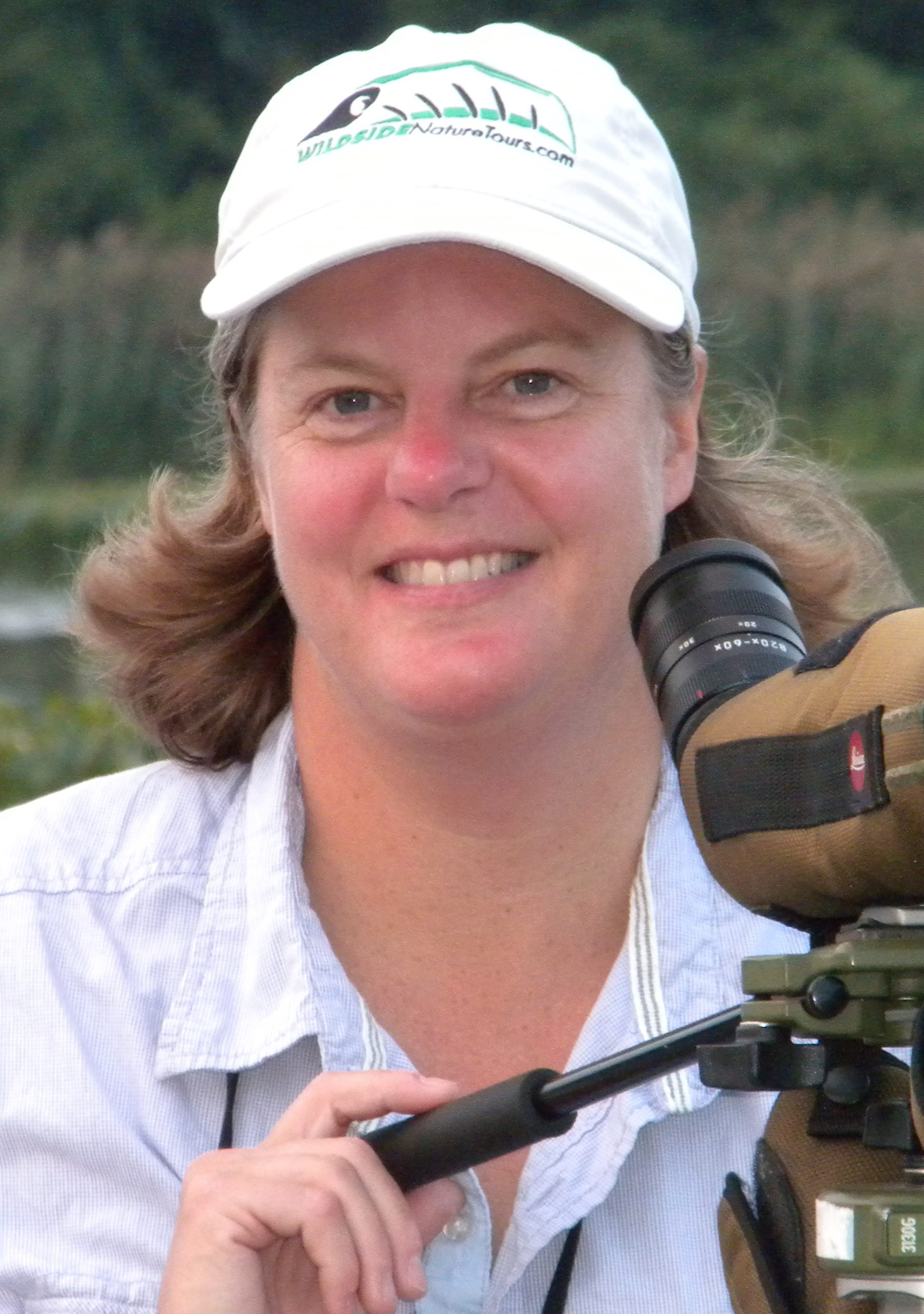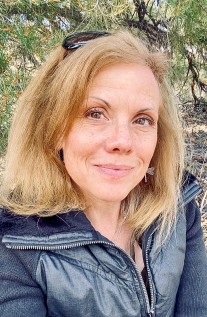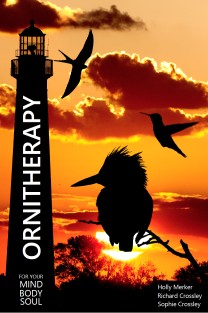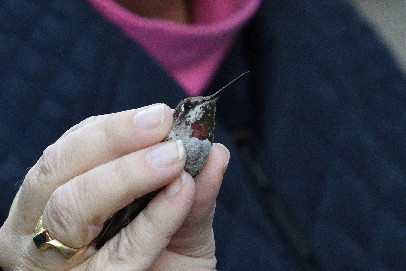Introduction to Wildlife Photography
Troy Bynum
Join this introductory photography workshop and unlock the secrets of digital photography! This hands-on course delves into the essentials of Aperture, Shutter Speed, and ISO, empowering participants with a solid foundation on digital photography basics. Explore Exposure Compensation, Auto-Focus, Metering, and more, while mastering important terminology and troubleshooting techniques.
Perfect for beginners and seasoned photographers alike, this workshop cultivates the skills needed to capture images with your unique artistic flair. By the end, you’ll confidently use manual settings to photograph wildlife and diverse subjects. The information covered in this course is applicable across various camera types – DSLR, mirrorless, bridge, superzoom, and even your phone. Elevate your photography journey with this workshop!
Participants should bring a camera with a fully charged battery and the instruction/user manual for use during the hands-on portions.
Troy Bynum, owner of TB Wildlife Photography LLC, is not only an enthusiastic birder but also a passionate wildlife photographer from Philadelphia, PA. Troy’s work focuses on capturing and showcasing the remarkable colors, intricate patterns, and rich textures that are abundant throughout the natural world. In his work, Troy draws attention to the oftentimes overlooked naturally occurring beauty found in the wild. Troy is on a mission to accentuate and celebrate the inherent magnificence of nature.
Note: This meeting will be held in person at the meeting house and via Zoom. Zoom signon will start at 7:15 to enable the meeting to begin at 7:30.

